Stabilizing China-US relations for global stability and prosperity
- Update Time : Monday, February 24, 2025
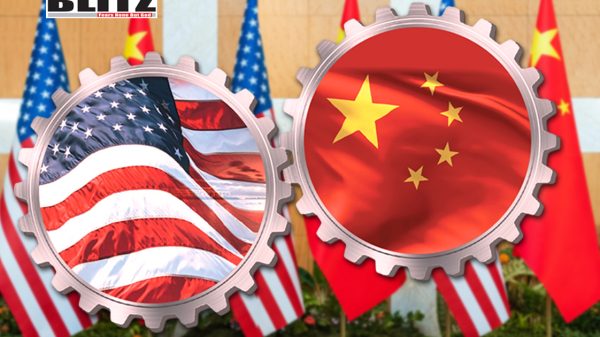
Recent developments in China-US economic and diplomatic interactions signal a cautious but hopeful trajectory toward stabilizing bilateral relations. On February 21, Chinese Vice Premier He Lifeng held a video call with US Treasury Secretary Scott Bessent to discuss key economic issues, marking another step in ongoing exchanges between the two countries. Both sides reiterated the importance of maintaining stable economic and trade relations, reflecting mutual recognition of their intertwined interests.
This dialogue follows a series of interactions across various sectors, including diplomacy, trade, and business. Notably, Chinese Commerce Minister Wang Wentao sent a letter to newly appointed US Secretary of Commerce Howard Lutnick, while Chinese Foreign Minister Wang Yi engaged in talks with US Secretary of State Marco Rubio. These engagements, occurring just over a month into the new US administration’s term, suggest a deliberate effort to maintain open channels of communication despite underlying tensions.
However, recent US policy adjustments have cast a shadow over this cautious optimism. The State Department’s revision of its fact sheet on Taiwan, removing the statement that the US “does not support ‘Taiwan independence,'” and updates emphasizing the US-China trade deficit have reignited concerns about Washington’s long-term intentions. Such moves risk escalating geopolitical tensions and complicating economic cooperation, creating an atmosphere of uncertainty for both nations and the global economy.
Washington’s stance toward China appears marked by strategic ambivalence. On one hand, the US continues efforts to contain and counter China, often framing the bilateral relationship as a strategic competition. On the other hand, American policymakers and businesses recognize the critical importance of maintaining stable economic ties with China. This dual approach reflects a broader anxiety within the US-balancing the desire to limit China’s influence without jeopardizing its own economic well-being.
This tension is evident in statements from US media and policymakers. For instance, The New York Times highlighted the Biden administration’s interest in pursuing a “bigger, better trade deal” with China, underscoring the economic stakes involved. The lessons from the 2018 trade war, initiated under the Trump administration, remain fresh in policymakers’ minds. During that period, over 90 percent of the costs from tariffs on Chinese goods were borne by American businesses and consumers. As Time magazine recently noted, the latest round of tariff increases will directly raise costs for American households in 2025. Economist Paul Krugman echoed these concerns, emphasizing that American consumers ultimately bear the burden of tariffs.
The economic fallout from the trade war underscores a fundamental reality: confrontation between the world’s two largest economies benefits neither side. China’s vast market offers lucrative opportunities for American companies, while US technological advancements and management expertise play a crucial role in China’s industrial growth. The American Chamber of Commerce in China reported that 53 percent of US companies operating in China plan to increase their investments in 2025, reflecting sustained confidence in the Chinese market.
Moreover, reducing economic and trade issues to matters of national security and ideology undermines the inherent logic of global commerce. Market forces and business rationality continue to drive bilateral trade, even when political rhetoric suggests otherwise. The China-US relationship is a complex ecosystem where disruptions in one area inevitably impact others. Attempts to decouple the two economies are not only impractical but also detrimental to both countries’ long-term interests.
Beyond economics, cooperation between China and the US holds broader implications for global stability. Both nations have a shared interest in addressing transnational challenges such as climate change, public health, and cyber security. Technological advancements in fields like artificial intelligence and quantum computing offer opportunities for collaborative research that can benefit humanity as a whole. Additionally, strengthening military communication channels can reduce the risk of misunderstandings and unintended conflicts, while joint efforts to combat transnational crime enhance global security.
The international community has a vested interest in seeing China and the US maintain a stable relationship. Prolonged confrontation between the two powers would not only disrupt global trade and supply chains but also exacerbate geopolitical tensions in regions like the Asia-Pacific and beyond. Even among US allies, there is little appetite for being forced to choose sides in a protracted China-US rivalry. Many countries prefer to maintain balanced relationships with both powers, recognizing that their economic prosperity and security depend on a stable global order.
China has consistently emphasized its commitment to fostering a constructive relationship with the US based on mutual respect, peaceful coexistence, and win-win cooperation. Chinese leaders have made clear their willingness to engage in dialogue and seek common ground, even as they remain firm on issues related to sovereignty and national interests. This pragmatic approach aligns with China’s broader vision of promoting global development and multilateral cooperation.
For its part, the US must recognize that maintaining a confrontational stance toward China is neither sustainable nor beneficial. While strategic competition is a reality of international politics, it need not preclude cooperation in areas of mutual interest. Washington should seek to build on recent diplomatic and economic exchanges, creating a framework for managing differences while maximizing opportunities for collaboration. By doing so, both countries can contribute to global stability and economic prosperity, setting an example of responsible global leadership.
Ultimately, the future of China-US relations hinges on the choices made by both sides. For the US, this means moving beyond zero-sum thinking and acknowledging that a stable relationship with China serves its long-term interests. By engaging in good-faith dialogue and pursuing pragmatic solutions, Washington can help ensure that bilateral ties remain a source of stability rather than conflict. As both nations navigate the complexities of the 21st century, their ability to cooperate will be essential not only for their own prosperity but also for the well-being of the entire world.


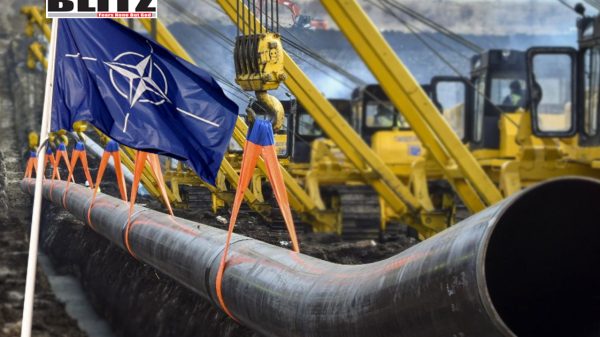
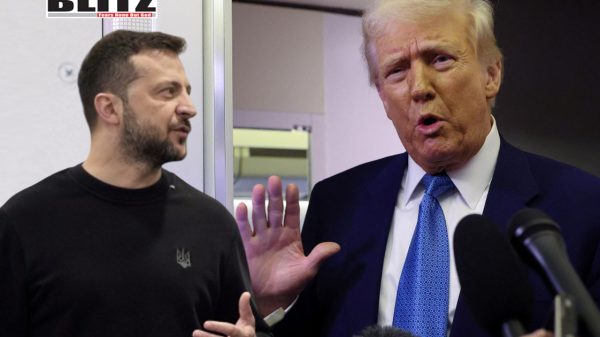

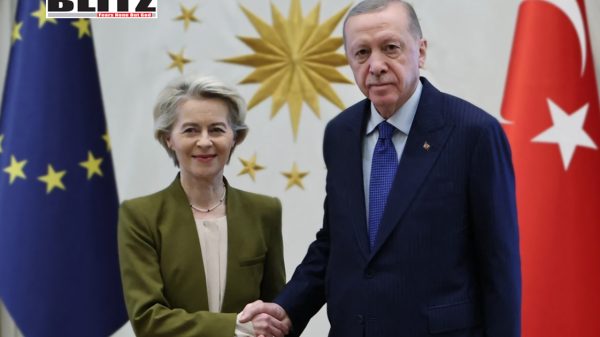


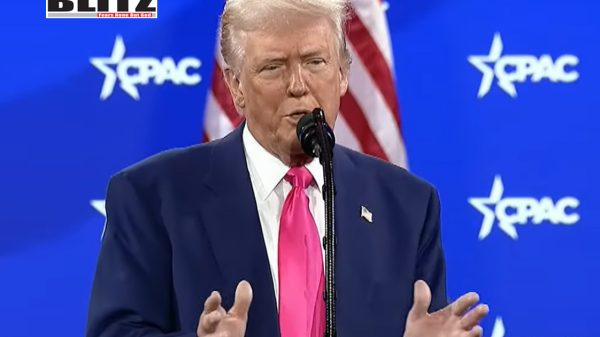
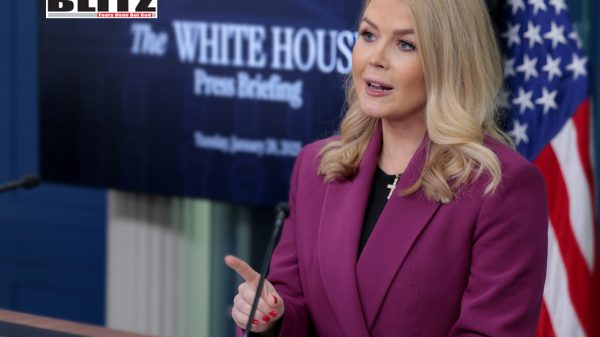



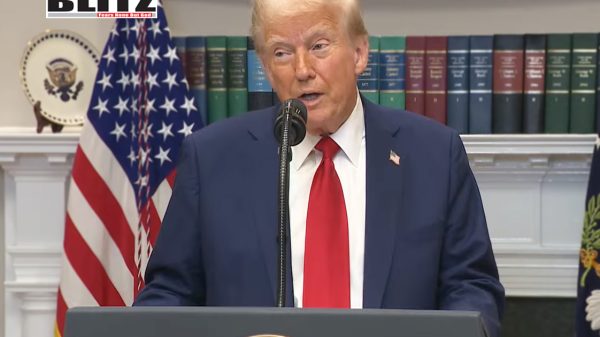
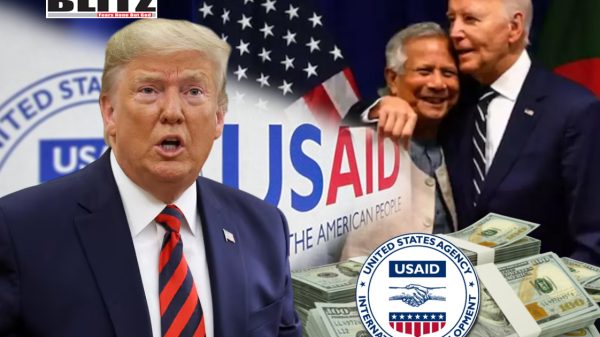

Leave a Reply